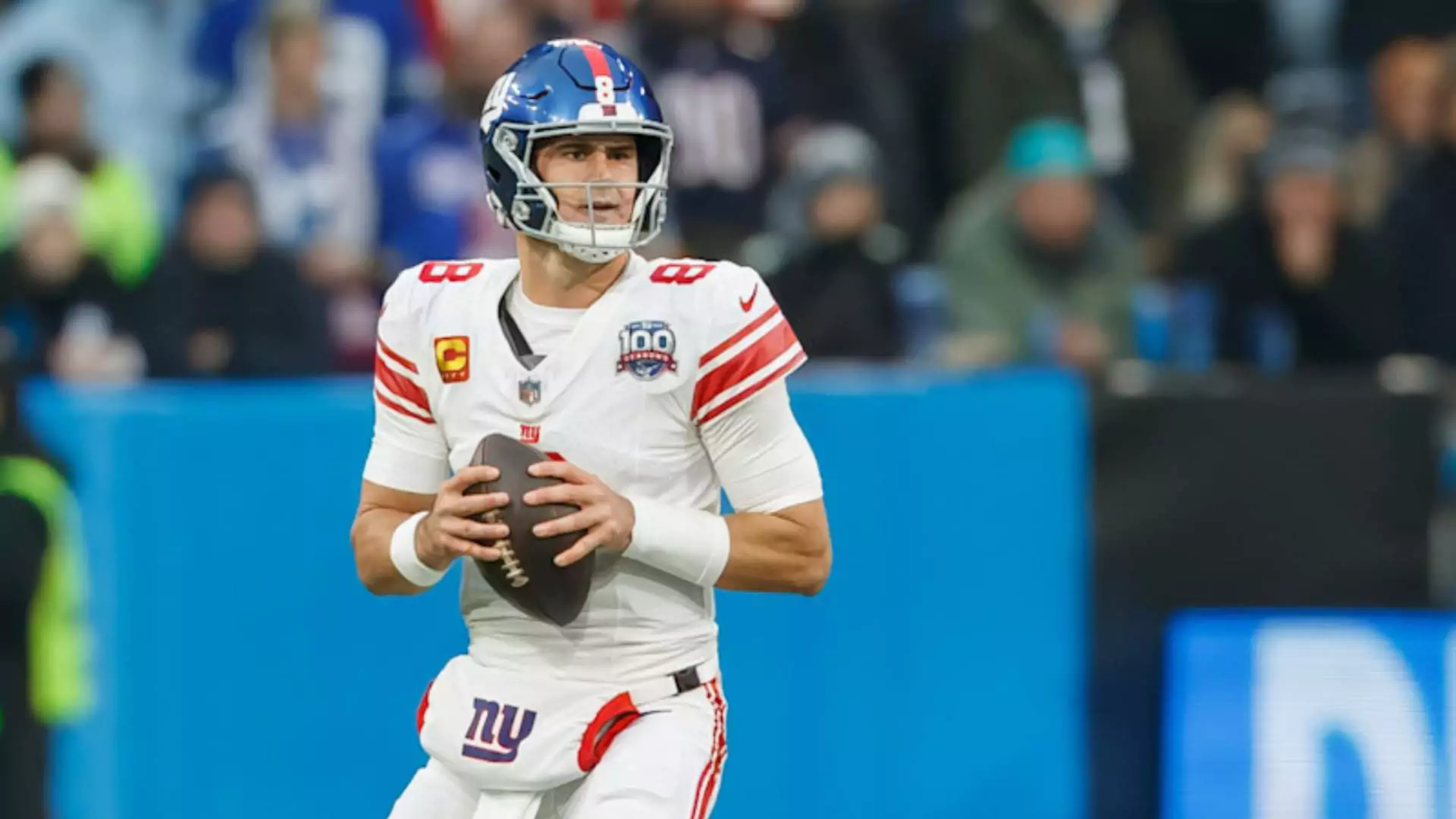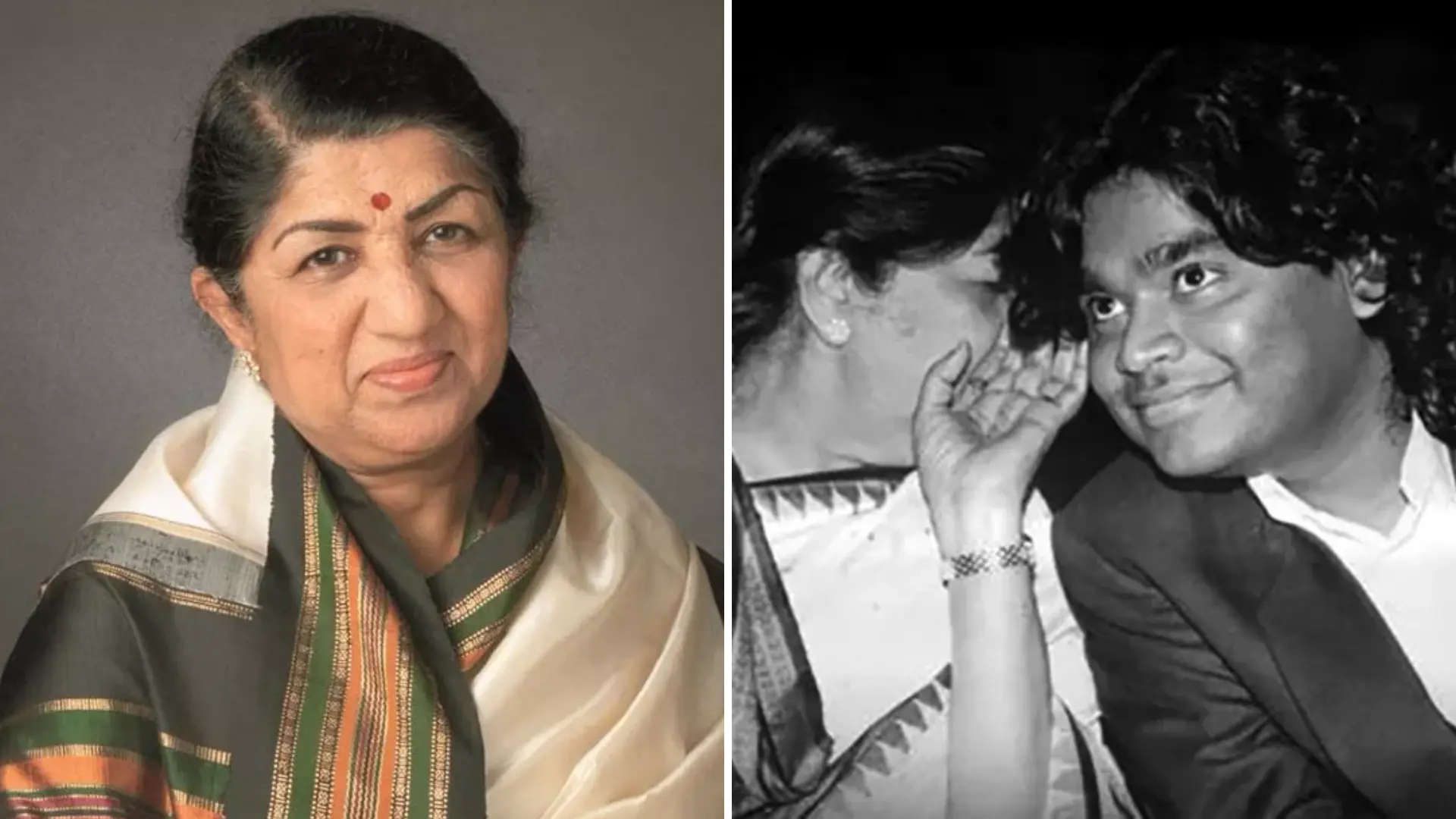Gautam Adani, the founder of the Adani Group of companies, along with his nephew Sagar Adani and others, have been indicted by Breon S. Peace, a United States attorney from the Eastern District of New York, for allegedly conspiring to bribe government officials in India to procure solar energy contracts. The charges, which include conspiracy to violate the U.S. Foreign Corrupt Practices Act (FCPA), do not involve any mention of the Adani executives in the counts related to bribery or obstruction of justice.
Allegations in the Indictment
The U.S. Department of Justice has alleged that Adani Green, also comprising individuals from America, subscribed to the bonds without informing the company that it was engaging in bribery to obtain contracts in India. The 54-page document on the case goes into minute details of what allegedly happened and mentions government officials from which Indian states had been targeted for bribes, where the meetings were held, and so on. However, this indictment document does not provide any concrete evidence that the alleged bribery ever took place.

The case currently accuses, without any hard evidence, that a conspiracy was hatched by the Adanis to bribe Indian officials. Today, India’s most prestigious and learned advocates, Mahesh Jethmalani and Mukul Rohatgi, have voiced their concerns against the U.S. Department of Justice’s indictment, calling it a hatchet job that is sketchy at best.
Advocate Atmaram Nandkarni’s Views
In an exclusive conversation with NewsX, Senior Advocate Atmaram Nandkarni, former ASG, laid down his views on the ongoing situation.
Beginning the conversation, Atma Ram Nandkarni spoke on what Mukul Rohatgi and Mahesh Jethmalani had said and what the actual charges were that were laid down by the New York prosecutor. He said, “I have gone through this 50-54-page document that I’ve got, which is actually the indictment by the U.S. court. Frankly, it’s like something, a charge sheet, which is filed akin to a charge sheet or a complaint charge, which is filed in our courts in India. The irony is, I’ve been reading in the newspapers and public domain about Adani being indicted and all that. Curiously enough, neither Mr. Adani nor his nephew nor that other fellow Mr. Jane has been indicted in count number one and count number five. Count number one relates to the bribing of officials, etc., conspiracy of bribing and all, and count number five relates to obstructing justice. If they are not there on one and five, where is the question of charging them for two, three, and four? This is a mute legal question.”

Questions on Local Standing and Evidence
Moving further with the conversation, he discussed whether, in his opinion, the New York prosecutor had managed to establish local standing or if it was merely another fishing expedition, and said, “See, in so far as his locus standi is concerned, that’s a very relative question. He may have the locus standi to file such kinds of things, but the first thing is Mr. Adani has not been charged under counts one and five. How could he be charged under 2, 3, 4? The second question is, what is the evidence, and what is the substratum pleaded? What is the old court act attributed to the accused? When you say a bribe is given, you must say that Mr. X has bribed Mr. Y on such and such a date at such and such a place, and this is the amount. You can’t just say X has bribed Y or somebody has bribed someone. Neither the officials are mentioned nor the departments are mentioned.”
Legal Precedents and Trial Considerations
In discussing whether legal precedents exist for the charges being made in New York City or if it smacks of a hit job, Atma Ram Nandkarni stated further, “Whether the court had jurisdiction, whether the charges could have been made, etc., or whether this whole thing has been maneuvered and, you know, planned for a particular thing. Those are matters that will be established at the trial. But the basic thing is that if one and five are not there, then how do you go ahead with the trial on this count?”
Final Observations on the Case
Moving towards the end of the conversation, he spoke on whether this case comes as something farcical that has happened and expressed, “If you ask me, this is something that is a bit out of the ordinary; it’s not in the normal course. This has not been experienced here before. ‘It’s just the allegations in the 54-page document. It does not mention anyone who was bribed, when they were bribed, why they were bribed, how they were bribed, or the bribe amount—nothing is mentioned.”
In conclusion, while the indictment against Gautam Adani and others raises serious allegations, significant questions remain regarding the lack of specific evidence and the absence of Adani executives in certain key counts. Legal experts, including Atmaram Nandkarni, emphasize the need for clear evidence and the validity of jurisdiction. The case has drawn criticism from top advocates, who argue that it lacks sufficient details to substantiate the claims. The outcome will ultimately hinge on the evidence presented during the trial.
ALSO READ: Maharashtra CM Decision Today? BJP Stands By Fadnavis, Rejects Bihar Model


















